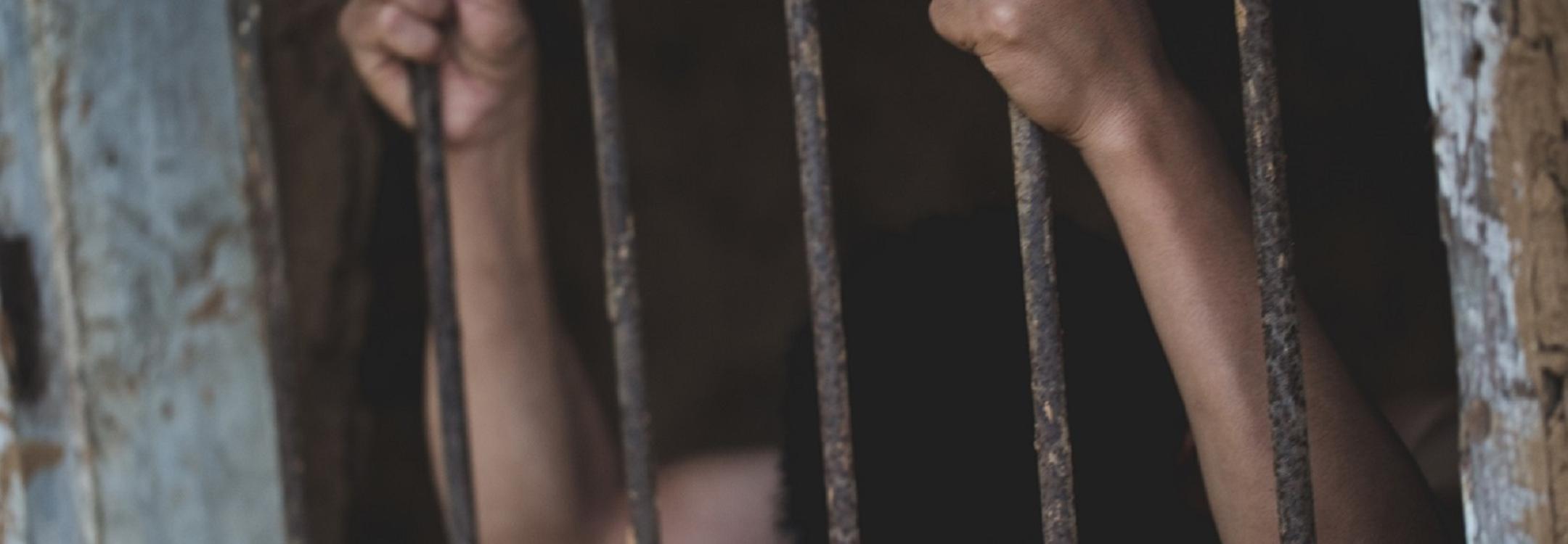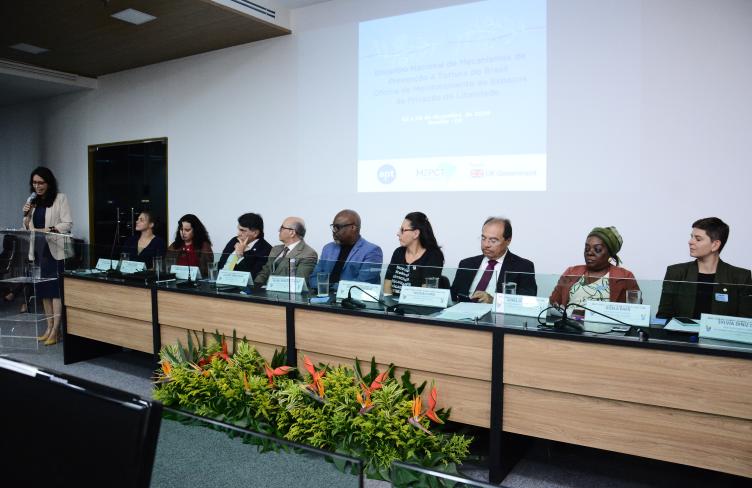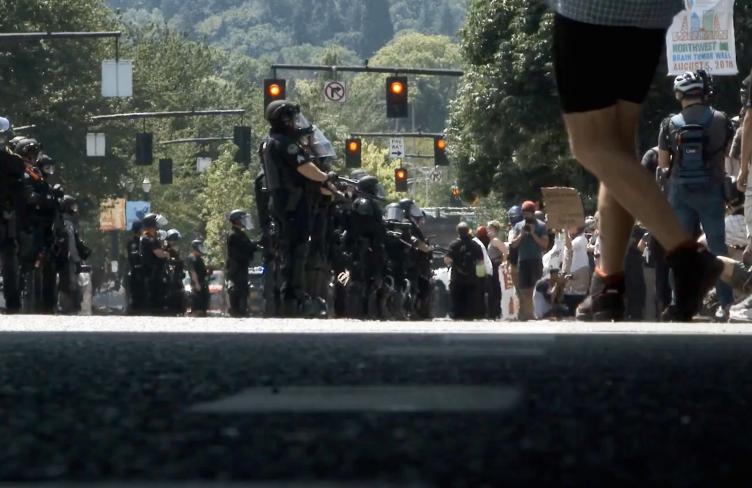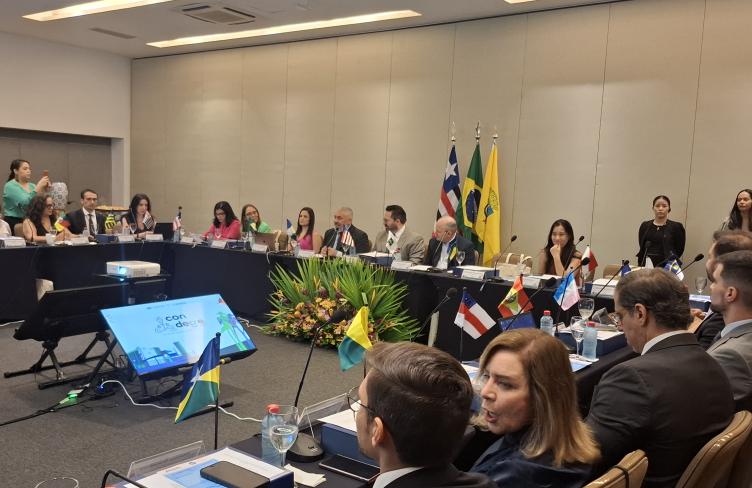
June 19, 2020 - On Friday, the UN Subcommittee on the Prevention of Torture, at the close of its 41st regular session, expressed its concern about the measures taken by the Brazilian State that prevent the country's National Mechanism for Preventing and Combating Torture from functioning in accordance with the parameters of the Optional Protocol of the UN Convention against Torture, and fulfilling its function of preventing mistreatment in places of deprivation of liberty. The president of the treaty body, Malcolm Evans, also said that the Subcommittee will continue to raise this issue in bilateral dialogues with the Brazilian state.
In June last year, the Federal Executive enacted Decree No. 9,831, which dismantled the structure of the National Mechanism for Preventing and Combating Torture (MNPCT), a state agency linked administratively to the Ministry of Women, Family and Human Rights, created by law as a result of an international commitment made by the Brazilian state when it ratified the Optional Protocol to the UN Convention Against Torture.
The National Mechanism for Preventing and Combating Torture conducts monitoring visits to prison and reception units throughout the country, records violations and formulates recommendations for measures and good practices in reports that are sent to public authorities. Since its installation in 2015, the National Mechanism has carried out missions to 20 states and monitored more than 170 units of deprivation of liberty, including prison units, psychiatric hospitals, therapeutic communities, socio-educational units, and custody hospitals. The Decree removes the experts who work in the agency from their posts and removes financial resources for its operation.
"External control of spaces of deprivation of liberty and police action is one of the most effective measures to curb the excessive use of force, record human rights violations and prevent future abuses. In a country where more than 800,000 people are deprived of their freedom in degrading conditions, and where black youth are the greatest victims of violence and police lethality, it is undeniable that dismantling a body dedicated to the prevention of torture constitutes a serious setback in the policy of confronting institutional violence in the country," says Barbara Bernath, Secretary General of the Association for the Prevention of Torture (APT).
"Such concern is all the more exaggerated as the world faces the COVID-19 pandemic, which disproportionately affects vulnerable groups - such as people deprived of their liberty - and which makes access to information even more precarious. In Brazil, the numbers of infections and deaths in prisons are constantly growing, and in this context, it is even more urgent to have organizations that contribute to social control and to demand that public authorities adopt effective measures to inhibit the spread of contagion," adds Sylvia Dias, APT Representative in Brazil.
Last November, the UN Subcommittee had already stated in a statement that the reforms imposed by the Presidential Decree are incompatible with the precepts of the Optional Protocol to the UN Convention against Torture and urged the government to repeal the Presidential Decree. With a seat on the UN Human Rights Council until 2022, the Brazilian state must adopt a serious stance of full compliance with and respect for the international standards to which it has committed itself.
Currently, lawsuits are being filed before the Federal Supreme Court and the Federal Justice of Rio de Janeiro questioning the legality of the Presidential Decree.
The Association for the Prevention of Torture is an international human rights organization based in Geneva, Switzerland, which has been working for more than four decades to prevent torture and other forms of ill-treatment and to seek the implementation of the measures set forth in the UN Convention Against Torture and its Optional Protocol.
For more information, please contact:
Sylvia Dias, APT Representative in Brazil, sdias@apt.ch, or + 55 21 98145 4650


